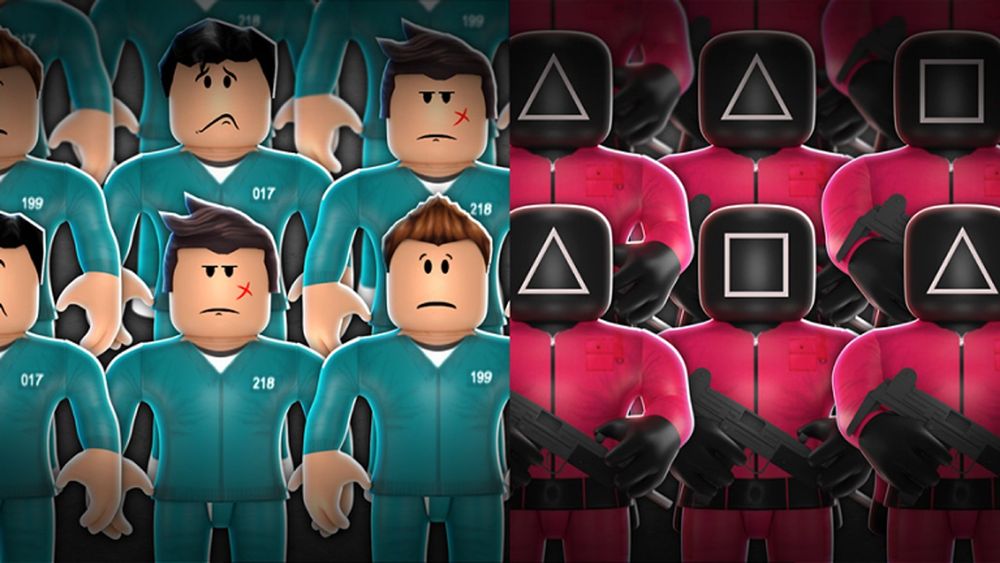Introduction
Did you know the TV Show "Squid Game" is gathering more interest than Star Wars, Biden, Cats, Marvel movies, and Kim Kardashian combined! The scale of its success is challenging society's sense of good and reasonable entertainment across all cultures, globally. Today, we analyse how different people are reacting and try to create a platform for constructive discourse.


About
Released in September 2021, this show was watched by over 141-million households in its first month after debuting. With 1.7 billion TV households globally, it reached a market penetration of 8% within the first 30 days of release alone!
Sources estimate that "Squid Game":
- Generated over $900 million in impact value to Netflix.
- Viewers spent over 1.4 billion hours watching the show.
- It has been deemed the No. 1 show in more than 90 countries.
- The hashtag #SquidGame has had 49 billion views on teen-dominated Tik-Tok.
- And has received more than 12 million mentions across social media.
The nature of the show, the economic drivers of Netflix, and the split in belief on whether to tolerate such content or not warrants further discovery.
The Story
The story focuses on financially broke and desperate adults that compete in a series of deadly kid's games. Losers in these games die, while wealthy observers bet on the outcomes of these games. The sole survivor from these games will walk away with 40 million USD in prize money.


The show:
- Used bright, childish aesthetics.
- Uses traditional playgrounds and other child-like iconography to host the hyper-violent games.
- Is heavily graphical in its brutality.
- Illustrated people as disposable.
- Showcased the disparity between the rich and the poor.
- Laid bear the potential of brutality by the human race.
- Exposed the effortless access children and young people have to mature content.
- Revealed the challenges parents face in monitoring, managing and securing digital content their kids' access.
- Stimulated viewers to re-create certain dangerous scenes or games they watched.
- Highlighted the power of media to influence and drive behaviours.
Appeal Factor
Squid Game is not the first story that deals with deadly competition, distribution of wealth, politics and glorious rewards. "The Hunger Games" and "Saw" quickly come to mind.


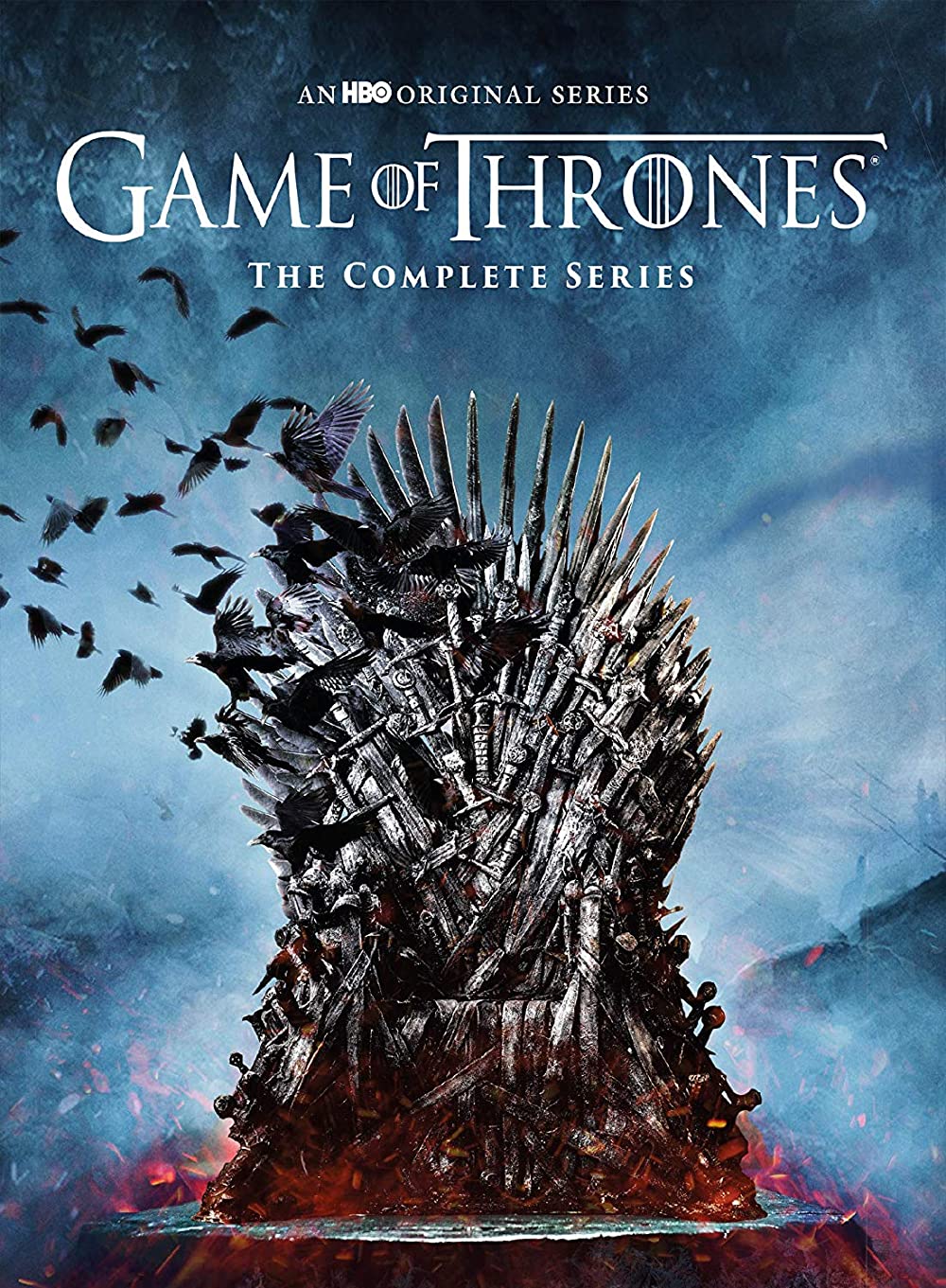
Something about Squid Game made it appeal to younger audiences. The pandemic and social environment provided fertile ground for young people to vent their frustrations and use technological capabilities to create memes and recommend them to their peers on social platforms.

Netflix expertly navigated this wave of success by brilliantly merchandising and swiftly entering into alliances with famous gaming platforms like Roblox, Minecraft and Fortnite. This meant that these Squid Game visuals, characters and messaging encompassed all mediums young people used for entertainment 24/7.
It engaged creatively, with influencer channels aimed towards teenagers and children under 12 successfully capitalising on this increasing interest by posting content around:
- How-to draw characters (like the Red Guard or Doll ).
- Showing gameplay videos streamed from their own gameplay in platforms like fortnite, roblox and Minecraft.
Many of these videos have hundreds of thousands or even millions of views!
The show impacted social norms across all ages:
- Children of all ages showed interest in watching it after hearing about it from social media, siblings, or the playground.
- Kids watched episodes on their own in their rooms or on their portable devices.
- People replicated the games they saw and dressed like the characters they related to.
- Children re-enacted brutal scenes of the show as playground game-play or other digital media (like lego-videos or memes).
Business boomed:
- Online retail boosted their sales of lookalike costumes (some reporting > 23% uplift).
- Merchandising saw the labelling of shirts, jumpers, masks, and anything you could slap on a Squid Game logo on.



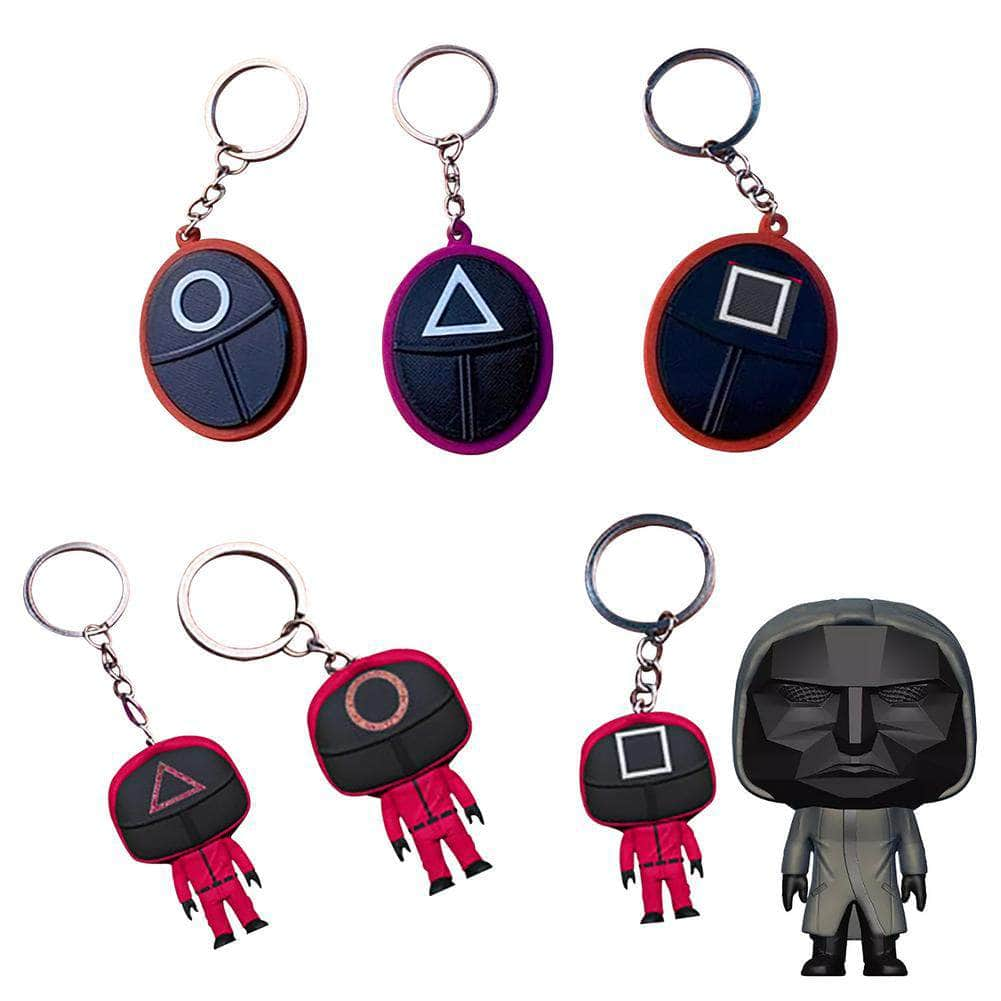
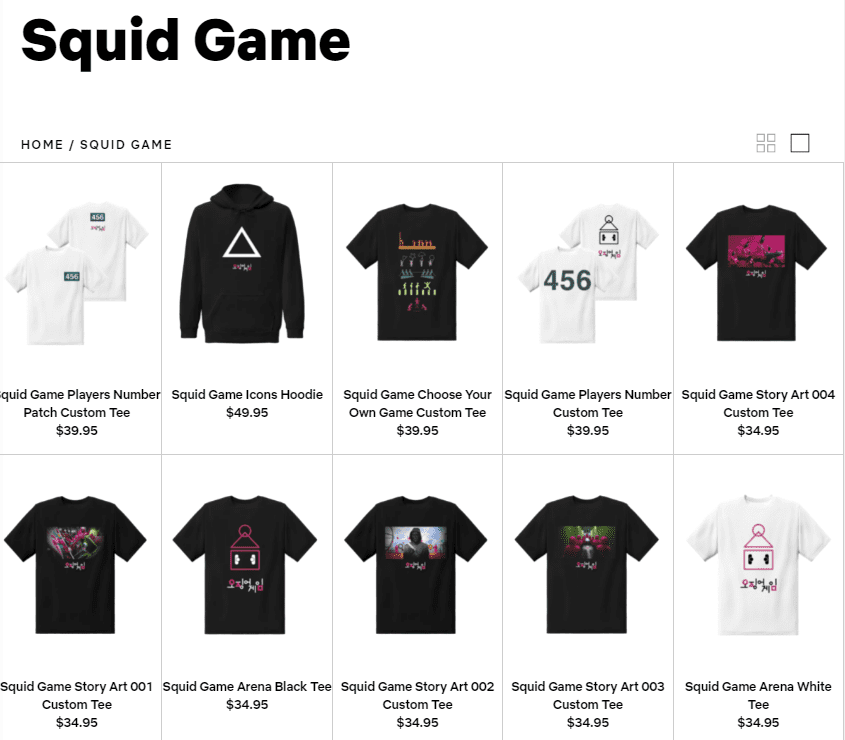






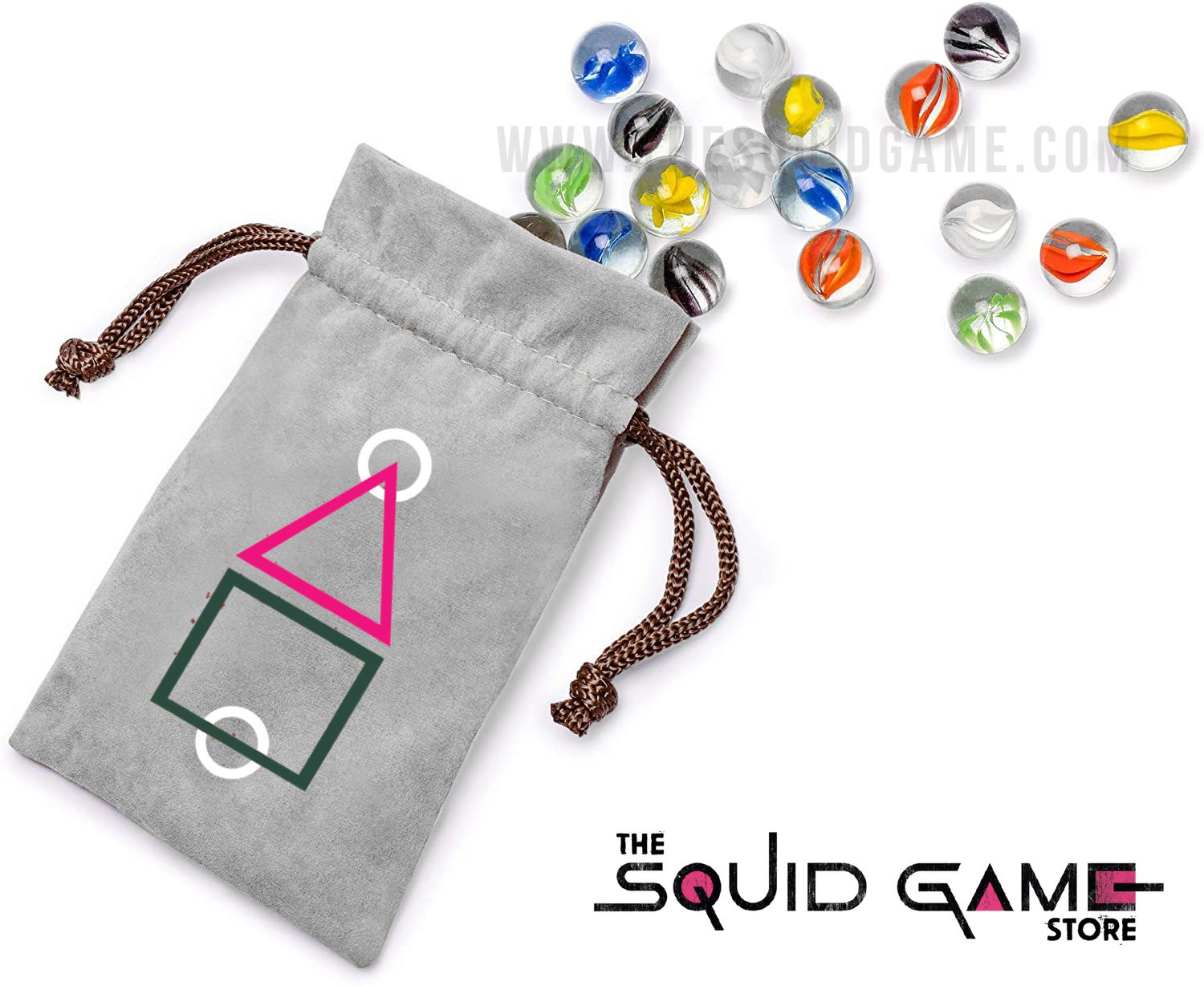
- Computer malware creators used this interest to create packages that facilitated the installation of viruses on their devices globally.
- Black market business selling unofficial game sets.
- Scammers making millions from cryptocurrency and irrational exuberance driven by investor optimism and simple popularity of the show name.
The nature of the content split audiences:
- Parents and educational institutions promoted restrain from the consumption of this content.
- Libertarians preferred providing an all-access approach, believing that self-restraint and letting individuals deal with their consequences are better options.
Arguments against

Studies indicate that the exposure to violent media and entertainment:
- Increases the propensity of people engaging in violent thoughts and behaviour.
- Increases heart rate and blood pressure impacting people's ability to sleep well, perform, feel good and be effective in interacting with peers.
- Decreases feelings of empathy, caring and compassion for others.
- Reduces the propensity of people helping, sharing and cooperating with others.
- Drives addictive qualities as you grow a dependency on stronger, more intense content.
Research by VidAngel filter data indicates that in its 9 episodes, there are:
- 301 instances of violence.
- 305 counts of profanity.
- 10 situations of nudity.
- Scenes showing people being pushed, mowed down by guns, trampled on, with their dead bodies piled up.
- Topics of organ harvesting and suicide.
- Themes of betrayal and critical life decisions over and above the basic violent purpose of the games.
Institutions across Belgium, England and Australia have issued warnings to parents after reports of children copying games and violent acts from the show. Some went further, banning the usage of symbols, costumes and references in totality in fear they can promote inappropriate and violent behaviours.
Psychologists are actively discouraging people from consuming such content, warning that not all people have the necessary mental strength to handle such graphic content and messaging. They warn how these viewings can potentially lead to aggression, road rage, air rage, and domestic violence, so on. Some experts also indicate that the more hours of violent media we watch, the more we become convinced that we live in a mean world.
Parents report that they:
- Are concerned by how easy it is to publish suggestive and adult-oriented media into online content aimed at young children.
- Do not have the reasonable technical means and know-how to manage what content their kids can and cannot access, and policing their children 24/7 across the range of devices is impossible and unfeasible in this digital age.
"Adult anxieties about Squid Game’s bad influence on children is compounded by children’s heightened interaction with the web more generally."
This camp believes that the world is allowing the financial interest of the few to push more robust mature-rated content to children. They do this in their video games, movies, television series using a shock-and-awe approach that creates controversy and makes people want to learn more about this for fear of being left out (FOMO).
Arguments for

Several individuals commented on the need to take a more pragmatic approach:
- Allowing people access to content that they enjoy watching.
- Citing choice as a value proposition.
- Positioning censorship as an act of control.
- Realising young people have a near-infinite set of options on how to communicate and share experiences.
- Promoting self-regulation over government decisions on what they or their 'tribes' can consume.
People in this camp recognise that Squid Game was not the first of this kind of entertainment. They remind us that our humanity has already lived similar scaremongering in front of the graphical nature of
- Horror movies like Chuky or Jason Voorhees.
- Explicit icons such as Kim Kardashian or Nicky Minaj.
- Fantasy dramas like Game of Thrones or The Witcher.
- Mass killing games such as Grand Theft Auto or Fortnite battle royale.
They are swift to remind adults that even if parents do a great job at sealing their own home from this content, their children can still access such content at their friend's house or use alternative internet access points to access much more graphical stuff.
They promote a more open approach to parents recommending watching these shows with their children, allowing for a more relaxed and level conversation on why they should not perform some acts, discuss morality and learn about consequences.
Analysis

As an individual, I tend to be quite a libertarian, trying to balance access to content with open communication and common sense.
I believe both camps presented reasonable discussion points.
While not everyone who watches such shows will become violent, we need to also listen to experts who have experience dealing with individuals suffering from long-term addiction, anxiety, and depression.
Expecting parents to be these omnichannel ever-monitoring content filters is unrealistic. They need better mechanisms that are consistent across operating systems and content providers. At the same time, they need to become better at discussing topics of interest with their children face to face, no matter how uncomfortable it makes them.
We need to embrace the reality that the consumption of digital content will be constant and everywhere. It will only worsen as devices get smaller and new, more powerful wearables, mobiles, watches, glasses, VR headsets, etc., are used.
I believe that parents that deal with information with a heavy hand of censorship do not stand a chance. They are better off teaching ways of thinking and using technology to open up the tap of information at an accelerated rate but not so fast that you overwhelm and do not give time to children to adapt and ask questions.
Thank you for joining me in this assessment of navigating the brave new world of digital word of mouth.







